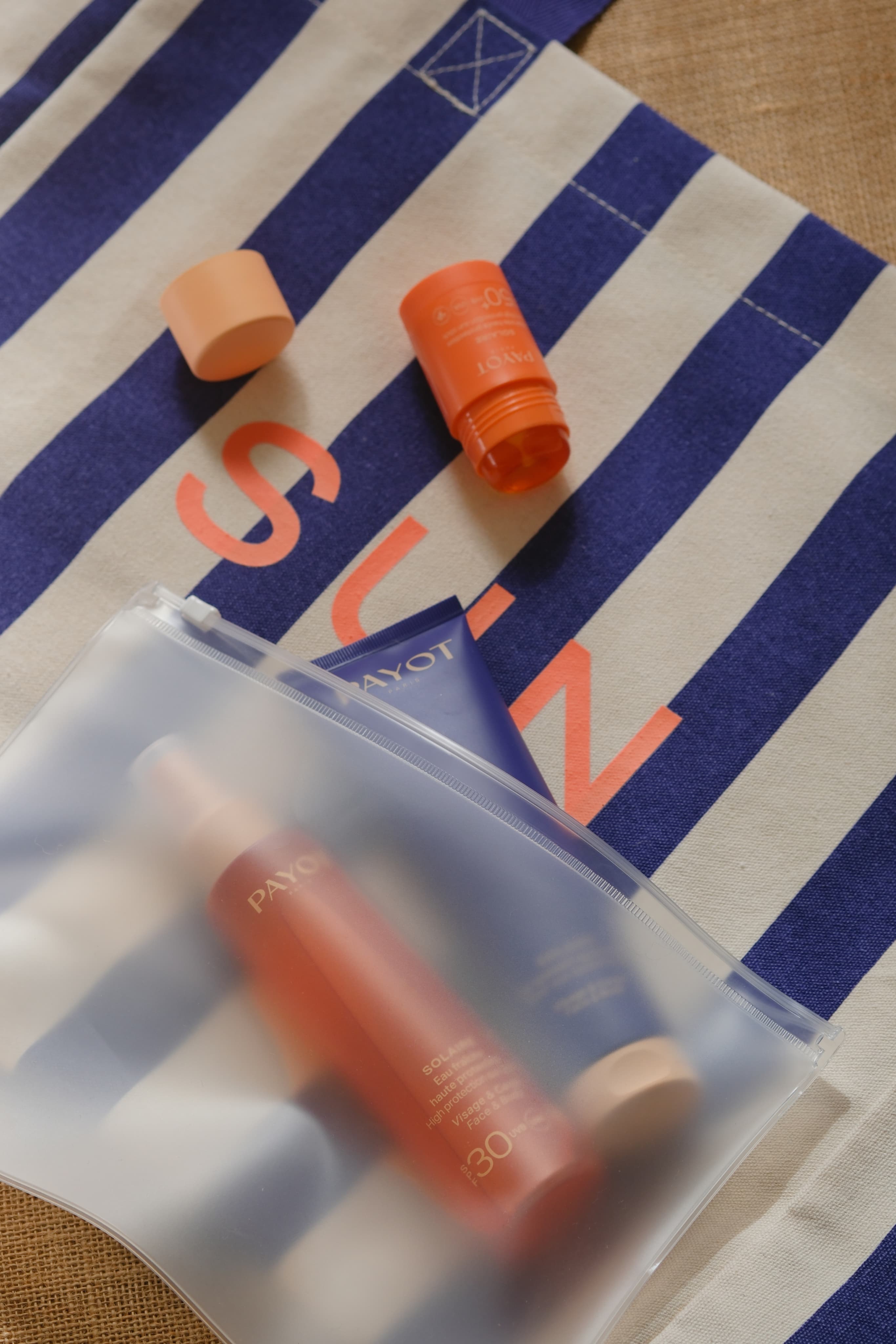Whether it's SPF 30, SPF 50, or SPF 50+, it can be difficult to understand the information on sunscreens. Does SPF 30 offer less protection than SPF 50? What's the difference? Our experts can help you understand.
What is SPF?
SPF stands for Sun Protection Factor, which measures a product's protection against UVB rays, the harmful rays that penetrate the skin to the epidermis and can cause burns, the famous "sunburn" we all know.
UVA or UVB?
Can sunscreen block all the sun's rays?
No, although sunscreens are becoming more and more technical and effective, complete protection is not possible. It is therefore advisable to protect your skin and limit sun exposure as much as possible when the sun is at its zenith (from midday to 4 p.m.) because it is at this time of day that UV rays are the most powerful and therefore the most dangerous for the skin.
What is the difference between the different solar indices?
SPF 20 will let through approximately 100/20 (5% of the rays that are not filtered) of UVB, SPF 30, 100/30 (3.33% of the rays that are not filtered) and SPF 50 100/50 (2% of the rays are not filtered) but all these indices have a protective action on the skin, the difference between SPF 30 and SPF 50 will only be 1.33 percentage points.
Please note that to be effective, sunscreen must be applied regularly and in sufficient quantity. The European Union recommends using the equivalent of 6 teaspoons to protect an adult's body. Furthermore, in the event of perspiration or contact with water, it is important to remember to reapply the sunscreen to ensure skin protection.
What sun protection for my skin?
If you have particularly fair or sensitive skin, choose an SPF 50+ to minimize the risk of burning. Also, choose a texture that suits your needs. For example, a sunscreen stick with an SPF of 50+ will be ideal for the face and easy to carry, while a sunscreen water, which will also moisturize the skin, will be easy to apply and reapply throughout the day. For summer, it's important to note that Payot sunscreen formulas are water-resistant.
Our recommendation: Remember to double cleanse your face in the evening when using sunscreen to rid pores of residue and reoxygenate the skin.

